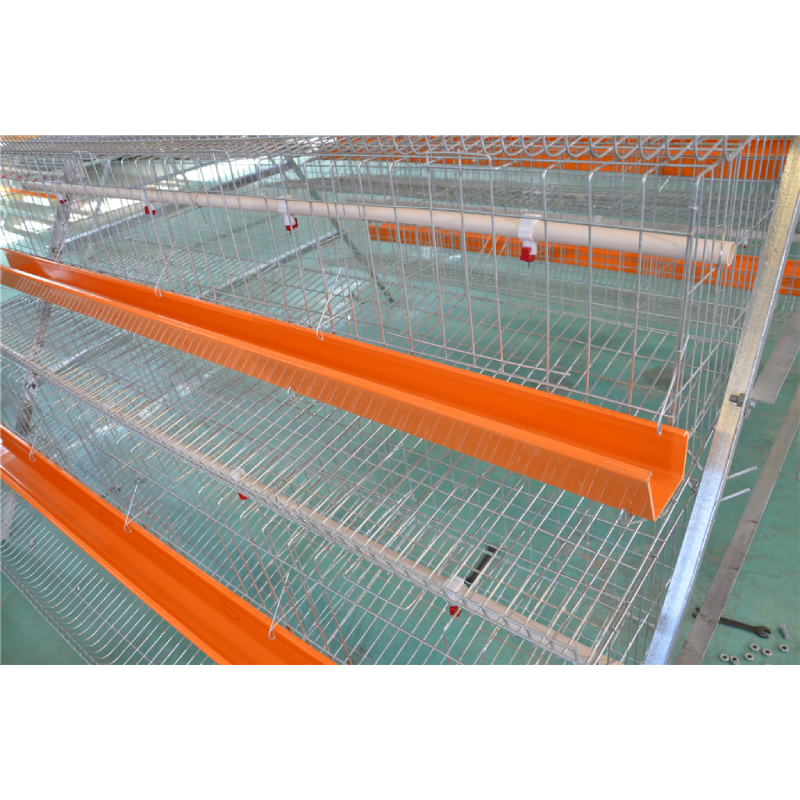Efficient Solutions for Farm Feed Mixing and Nutrition Management
Oct . 21, 2024 15:00 Back to list
Efficient Solutions for Farm Feed Mixing and Nutrition Management
Understanding Farm Feed Mixers A Comprehensive Overview
In the vast world of agriculture, efficient feeding practices are paramount. One of the essential tools that have revolutionized the way farmers manage their livestock feed is the farm feed mixer. This equipment not only saves time but also ensures that animals receive a balanced diet, which is crucial for their health and productivity. In this article, we will explore the significance, types, and benefits of farm feed mixers in modern farming.
The Importance of Feed Mixing
Balanced nutrition is critical for livestock to thrive. An adequate and well-mixed diet helps improve feed efficiency, enhances growth rates, and increases milk production in dairy cows. Farmers have recognized that utilizing a feed mixer allows them to create a uniform ration, ensuring that every animal receives the proper proportions of nutrients. This uniformity is vital in preventing certain animals from over-consuming or under-consuming specific nutrients, which can lead to health issues.
Types of Farm Feed Mixers
Farm feed mixers come in a variety of types, each tailored to specific needs and operations. Understanding the different kinds available can help farmers choose the best mixer for their requirements.
1. Vertical Mixers These mixers feature a vertical auger that lifts and mixes feed ingredients from the bottom to the top. They are particularly effective for combining wet and dry ingredients and are known for their uniform mixing capabilities. Vertical mixers are often used on larger farms dealing with bulk quantities of feed.
2. Horizontal Mixers This type of mixer utilizes a horizontal auger to blend ingredients. They are relatively faster than vertical mixers and are ideal for small to medium operations. Horizontal mixers offer excellent mixing efficiency and are usually easier to clean.
3. Pull-Type Mixers Designed to be towed by a tractor, pull-type mixers provide flexibility and ease of transport. They come in both vertical and horizontal configurations, allowing farmers to select according to their needs.
farm feed mixer

4. Stationary Mixers These mixers are installed at a fixed location on the farm, and they require a separate power source, usually an electric motor. Stationary mixers are perfect for large-scale operations and can handle higher volumes of feed.
Benefits of Using Farm Feed Mixers
1. Time Efficiency Traditional methods of mixing feed, such as manual mixing or using less specialized equipment, can be labor-intensive and time-consuming. A feed mixer automates this process, allowing farmers to focus on other essential tasks.
2. Cost-Effective By producing a uniform mix, farmers can optimize feed usage and minimize waste. This efficiency can lead to significant cost savings, especially when dealing with large quantities of feed over time.
3. Customizable Rations Feed mixers enable farmers to create customized rations tailored to their livestock's specific nutritional needs. This is particularly important for farmers who raise multiple species or breeds with varying dietary requirements.
4. Enhanced Animal Health With uniform and balanced rations, livestock health improves, resulting in higher productivity. Healthier animals are less susceptible to diseases, leading to lower veterinary costs and improved profitability.
5. Consistency Regular and consistent feed mixing leads to more predictable animal performance. Farmers can monitor growth rates, milk production, and feed intake with greater accuracy, allowing for better overall management of their livestock.
Conclusion
As agriculture continues to evolve, the role of technology in enhancing productivity becomes increasingly important. Farm feed mixers represent a significant step forward in livestock nutrition management. By facilitating efficient and effective feed preparation, these machines contribute to healthier, more productive animals and ultimately support a more sustainable agricultural system. For farmers, investing in a quality feed mixer can yield returns that extend beyond mere productivity, impacting the overall health of their livestock and the efficiency of their operations. Whether you are a large-scale producer or a small farm owner, a feed mixer can be an invaluable addition to your farming toolkit.
-
Hot Sale 24 & 18 Door Rabbit Cages - Premium Breeding Solutions
NewsJul.25,2025
-
Automatic Feeding Line System Pan Feeder Nipple Drinker - Anping County Yize Metal Products Co., Ltd.
NewsJul.21,2025
-
Automatic Feeding Line System Pan Feeder Nipple Drinker - Anping County Yize Metal Products Co., Ltd.
NewsJul.21,2025
-
Automatic Feeding Line System - Anping Yize | Precision & Nipple
NewsJul.21,2025
-
Automatic Feeding Line System - Anping Yize | Precision & Nipple
NewsJul.21,2025
-
Automatic Feeding Line System-Anping County Yize Metal Products Co., Ltd.|Efficient Feed Distribution&Customized Animal Farming Solutions
NewsJul.21,2025






